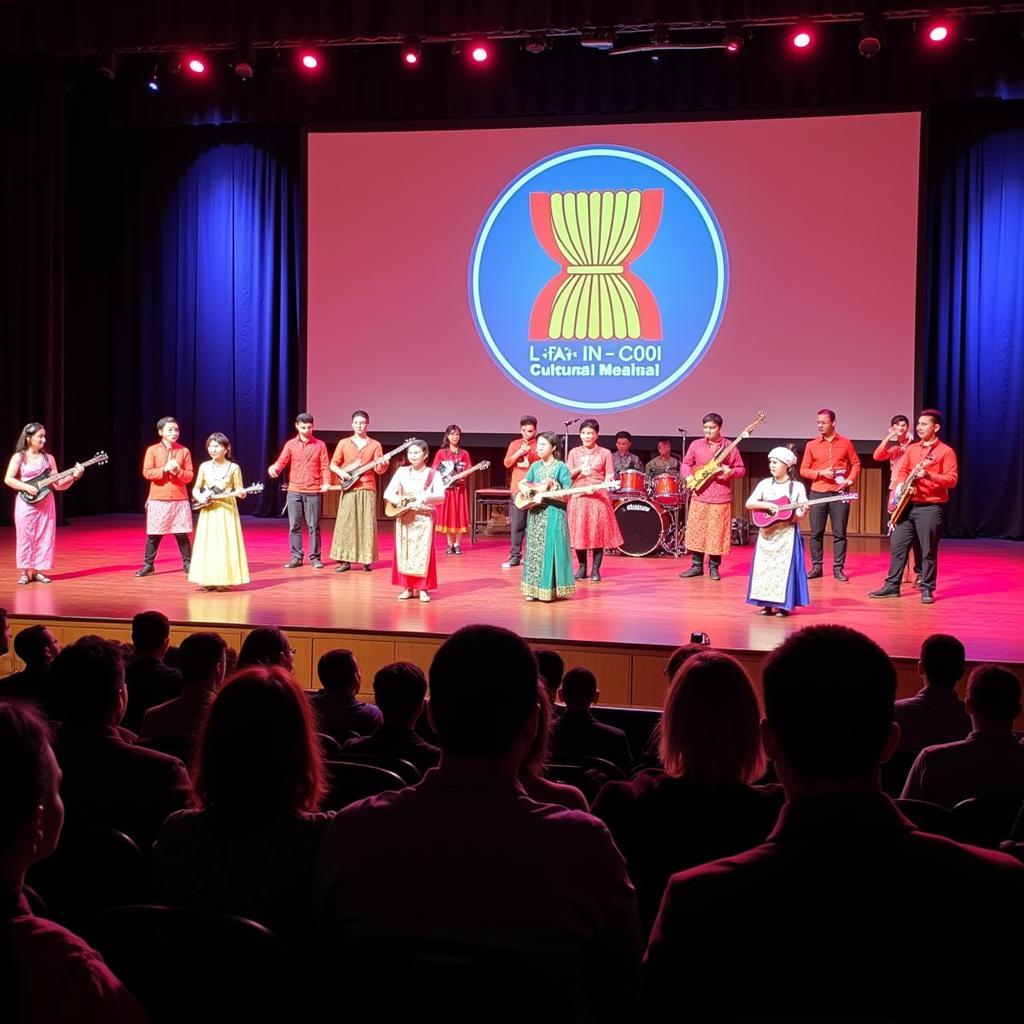The 50th ASEAN Summit, hosted by the Philippines in 2017, marked a significant milestone for the Association of Southeast Asian Nations. As Chair of ASEAN for that year, the Philippines focused on the theme “Partnering for Change, Engaging the World,” aiming to promote regional integration, peace, and stability. The summit witnessed a series of high-level meetings, dialogues, and events attended by world leaders, dignitaries, and representatives from various sectors.
The 50th ASEAN Summit schedule was packed with crucial discussions and negotiations concerning economic cooperation, political-security matters, and socio-cultural issues. Leaders engaged in dialogues on key regional and global challenges, including the South China Sea dispute, terrorism, and climate change. The summit aimed to strengthen ASEAN’s centrality and unity in addressing these challenges and promoting sustainable development.
Key Events and Outcomes of the 50th ASEAN Summit
The 50th ASEAN Summit witnessed several noteworthy events and outcomes that shaped the regional agenda and highlighted ASEAN’s growing influence on the global stage.
Commemorative Summit
The commemorative summit marked the 50th anniversary of ASEAN’s establishment. It served as a platform to reflect on the organization’s achievements over the past five decades and reaffirm its commitment to regional cooperation and integration.
ASEAN Leaders’ Retreat
The ASEAN Leaders’ Retreat provided a more informal setting for leaders to have frank discussions on pressing regional issues. This retreat facilitated open dialogue and consensus-building on sensitive topics.
East Asia Summit
The East Asia Summit brought together leaders from ASEAN member states and dialogue partners, including China, Japan, South Korea, India, the United States, and Russia. The summit addressed regional and global issues of common concern, with a focus on economic cooperation, maritime security, and non-proliferation.
Impact and Legacy of the 50th ASEAN Summit
The 50th ASEAN Summit left a lasting impact on the region and beyond. It reinforced ASEAN’s role as a driving force for peace, stability, and prosperity in Southeast Asia. The summit also highlighted the organization’s growing influence in global affairs.
One of the key legacies of the summit was the adoption of the “ASEAN Consensus on the Protection and Promotion of the Rights of Migrant Workers.” This landmark document aimed to safeguard the rights and welfare of migrant workers in the region.
The summit also saw progress in negotiations for the Regional Comprehensive Economic Partnership (RCEP), a proposed free trade agreement between ASEAN and its dialogue partners.
FAQs about the 50th ASEAN Summit
What were the key themes of the 50th ASEAN Summit?
The key themes of the summit were “Partnering for Change, Engaging the World” and commemorating ASEAN’s 50th anniversary.
Which countries participated in the East Asia Summit?
The East Asia Summit included ASEAN member states and dialogue partners: China, Japan, South Korea, India, the United States, Russia, Australia, and New Zealand.
What were some of the key outcomes of the summit?
Key outcomes included the ASEAN Consensus on the Protection and Promotion of the Rights of Migrant Workers and progress in RCEP negotiations.
What was the significance of the Philippines hosting the summit?
The Philippines’ chairmanship marked ASEAN’s 50th anniversary and provided an opportunity to showcase the country’s role in regional cooperation.
How did the summit address the South China Sea dispute?
The summit provided a platform for dialogue and reaffirmed the importance of peaceful resolution of the dispute.
Need More Information on ASEAN?
For inquiries and support, please contact us at:
Phone Number: 0369020373
Email: aseanmediadirectory@gmail.com
Address: Thon Ngoc Lien, Hiep Hoa, Bac Giang, Vietnam.
Our customer service team is available 24/7 to assist you.
